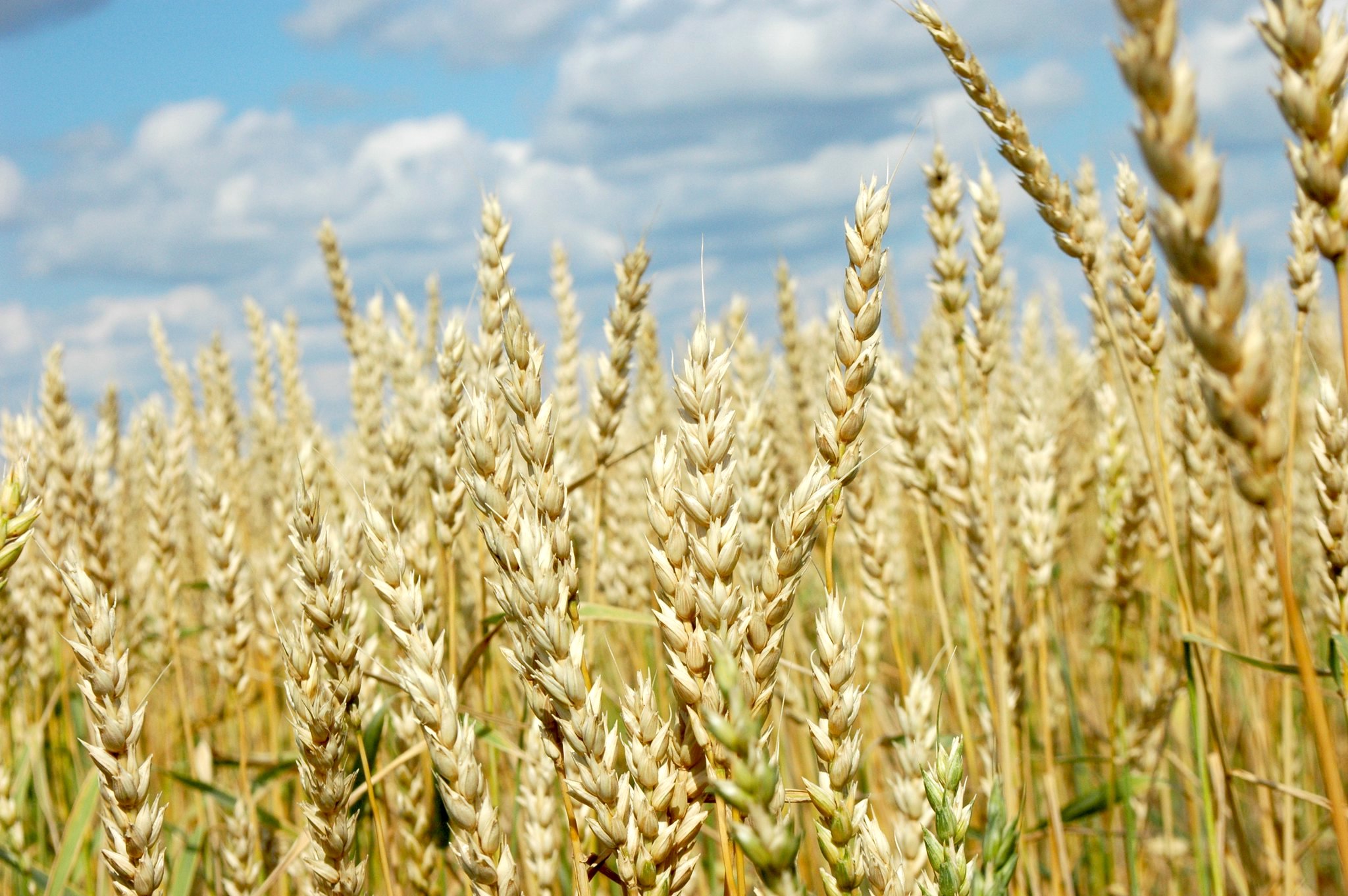The conflict between Russia and Ukraine has impacted exports of wheat, barley and fertilizers, affecting food security in many regions that rely heavily on imports to access these products. The UN Food and Agricultural Organization (FAO) and the World Food Programme predict that acute food insecurity will affect up to 205 million people by early 2023, with conditions deteriorating further in 19 countries.
Redesigning agricultural systems to solve this challenge must also take climate change into account: research published in Nature Food suggests that food systems cause a third of global greenhouse gas (GHG), while use and misuse of fertilizers, pesticides, energy, and water damages biodiversity.
The private sector is missing out on opportunities to invest in the agricultural sector and be part of the solution due to the challenges of putting a price on something like ‘protecting biodiversity’.
Director of CIMMYT’s global wheat program Alison Bentley says that while overseas development assistance and national governments provide significant support to the organization, private finance does play a role. “We have some really nice collaborations with the private sector, which allow us to access technology. The private sector, in the space of plant genetics and plant breeding, has pioneered some methodologies and technologies,” she tells GTR.
Read the original article: Closing the investment gap for sustainable agriculture

 Climate adaptation and mitigation
Climate adaptation and mitigation 
